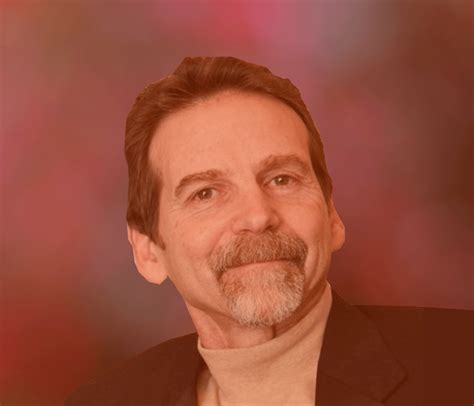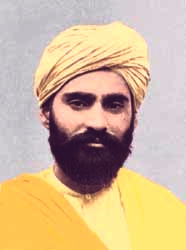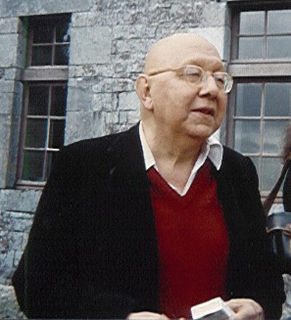A Quote by Mal Fletcher
Societies don't become less self-indulgent; people do.
Related Quotes
I have a horror of being self-indulgent and wasting time, and there is that risk in doing this kind of work. Are you totally deluded in sitting down at a desk every day and trying to write something? Is it self-indulgent, or might it possibly lead to something worthwhile? At a certain point I decided to keep on because I felt like the work was getting better, and I was taking great pleasure in that.
Dissident Natan Sharansky writes that there are two kinds of states - “fear societies” and “free societies.”… The two societies make up two kinds of consciousness. The consciousness derived of oppression is despairing, fatalistic, and fearful of inquiry. It is mistrustful of the self and forced to trust external authority. It is premised on a dearth of self-respect. It is cramped …
In contrast, the consciousness of freedom … is one of expansiveness, trust of the self, and hope. It is a consciousness of limitless inquiry … It builds up in a citizen a wealth of self-respect.
If we can find forgiveness in our hearts for those who have caused us hurt and injury, we will rise to a higher level of self-esteem and well-being. Some recent studies show that people who are taught to forgive become 'less angry, more hopeful, less depressed, less anxious and less stressed,' which leads to greater physical well-being. Another of these studies concludes 'that forgiveness ... is a liberating gift [that] people can give to themselves.'
I think most generations tend to learn the lesson of war the hard way. There is a deep attraction to the empowerment. Freud is right: societies either become locked in a collective embrace of Eros, as individuals do, or a collective embrace of Thanatos, the death instinct. They swing between the two. The notion that societies are naturally prone toward self-preservation is wrong. Self-annihilation can be deeply addictive, intoxicating, enticing. So I take a darker view of human nature, that war is probably always going to be with us. I think history bears me out.
I'm an indulgent writer - I'm not sure, however, that's something I'm interested in changing. Writing should be indulgent: you should take big risks on the page, you should make big mistakes, you should be excessive at times. I let myself do as a writer what I probably would be less likely to allow as an editor.
While all societies make their own imaginaries (institutions, laws, traditions, beliefs and behaviors), autonomous societies are those that their members are aware of this fact, and explicitly self-institute (????-?????????). In contrast, the members of heteronomous societies attribute their imaginaries to some extra-social authority (i.e. God, ancestors, historical necessity)
There is another more subtle way in which the innocence of childhood is lost: when the child is infected with the desire to become somebody. Contemplate the crowds of people who are striving might and main to become, not what Nature intended them to be- musicians, cooks, mechanics, carpenters, gardeners, inventors- but "somebody": to become successful, famous, powerful; to become something that will bring not quiet and self-fulfillment, but self-glorification and self-expansion


































